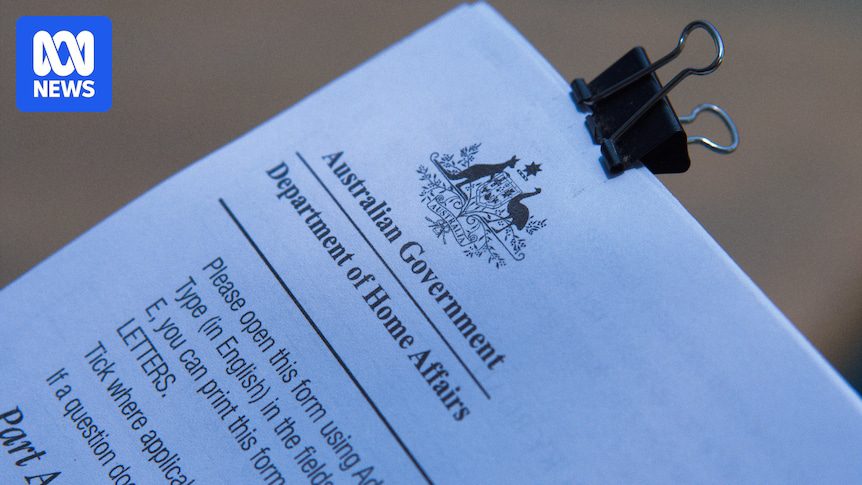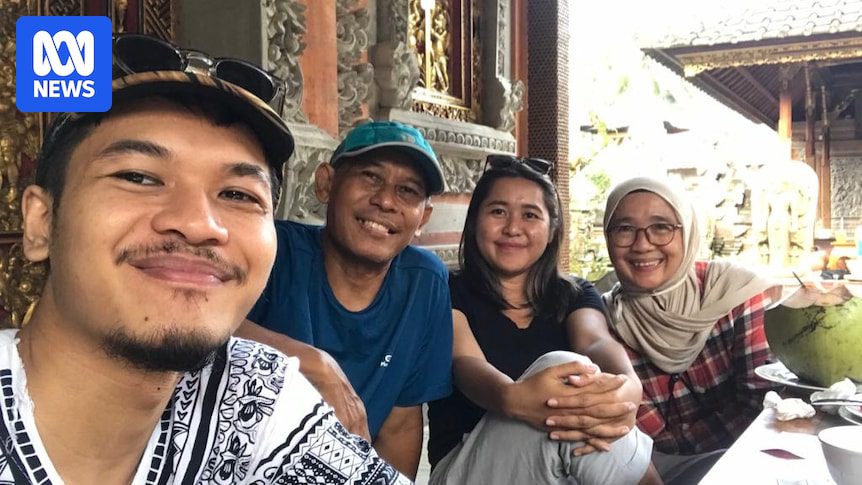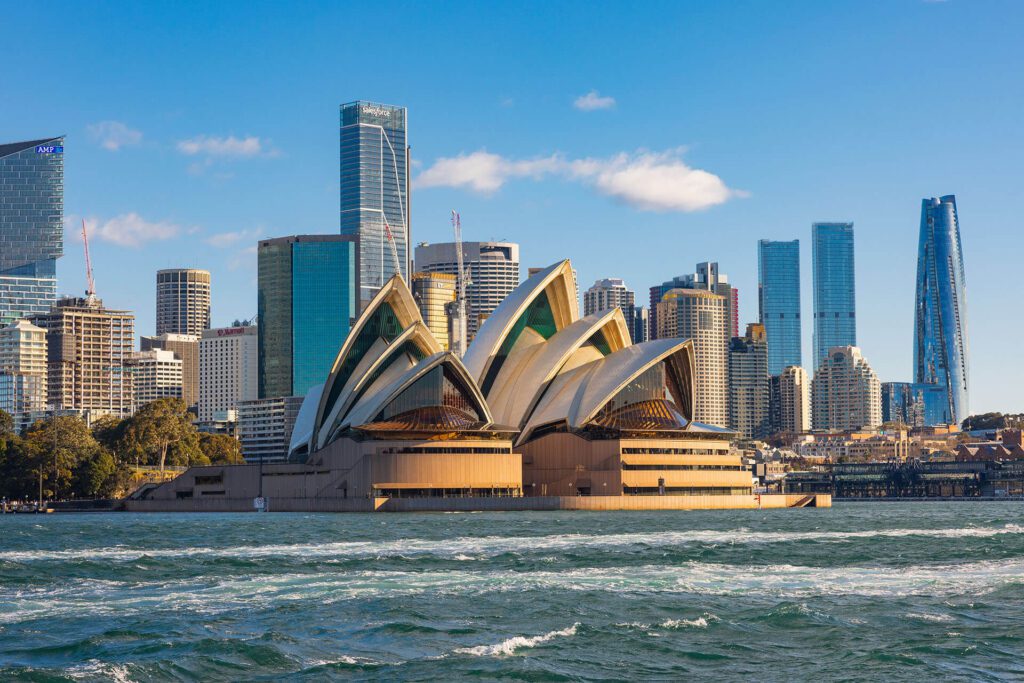Is High Immigration Losing Its Appeal in Australia?

The Changing Landscape of Migration in Australia
If you’ve been following the news or social media channels lately, you might have noticed a shift in the conversation about immigration in Australia. Traditionally, many Australians have supported high immigration levels. However, in recent months, even those who once advocated for it have begun to voice concerns. What’s going on? Let’s unpack this unfolding situation together, especially if you’re considering moving to Australia for work or permanent residency.
A Brief History of Immigration Trends
To understand the current debates, it’s helpful to look back at the history of immigration in Australia. For decades, various think tanks and political organisations, like the Institute of Public Affairs (IPA), have been staunch defenders of high immigration levels, arguing that they play a crucial role in driving economic growth.
A notable article from 2008 by Richard Allsop examined how immigration rates have been shaped by different political administrations. He found that Liberal governments generally supported higher immigration while Labor governments tended to focus on economic policies that didn’t favour it as strongly. In his view, a liberal approach to immigration was about ensuring individuals have the freedom to move across borders.
Fast forward to today, and the conversation around immigration is still heavily influenced by politics. As we approach 2026, the population makeup and immigration programs look quite different from those of the past. The IPA’s current chief economist, Adam Creighton, has shifted the narrative by raising concerns over high levels of immigration, particularly regarding its implications on Australian culture and community cohesion.
The Current Debate
The recent criticisms highlight a growing sentiment that Australia’s immigration policies may be changing in response to social and cultural challenges. Critics argue that while immigration has supported the economy, it also raises questions about cultural integration and social stability.
As Australia’s overall immigration numbers have skyrocketed, the composition of new arrivals is becoming increasingly diverse. Many newcomers are from developing nations, which brings both opportunities and challenges. For those looking to move to Australia, this offers a rich tapestry of multicultural experiences, but it may also influence community dynamics.
Implications for Job Seekers and Migrants
If you’re considering making the move to Australia, it’s important to be aware of these evolving discussions. High immigration levels often lead to competitive job markets but can also mean more support services and networking opportunities for new arrivals. Here are a few critical points to consider:
1. Visa Pathways
Australia offers various visa options for skilled workers and job seekers. Some popular ones include the 482 visa, which allows skilled workers to work for a sponsoring employer, and the 189 and 190 visas for skilled migration, where you can apply for permanent residency. Opportunities for sponsorship also exist through the 491 visa, designed for regional skilled migration.
2. High Demand for Skilled Workers
Despite discussions about immigration, there is still a robust demand for skilled workers in Australia. Industries such as healthcare, construction, and IT continue to look for international talent. This means that if you have in-demand skills, your chances of finding a job can be quite good.
3. Community and Cultural Adaptation
As a new arrival, being mindful of Australian culture while also sharing your own can enrich your experience and help you integrate into your new community. Joining local organisations or community groups can be a great way to connect with others.
The Future of Immigration in Australia
The discussion around immigration policies in Australia will likely continue to evolve. As a prospective migrant, understanding these dynamics can help you navigate the job market and settlement process more effectively. New policies may emerge that could influence your visa options and employment prospects. Staying informed is key.
What do you think?
Have a question about this topic or your own plans to move to Australia or New Zealand? Scroll down and leave a comment. We’d love to hear from you.
Thinking about moving to Australia or New Zealand?
Join our free and supportive community at Oz Visa Forum. Post in our forums to get advice and support from people who’ve already made the move. Not sure where to start? Click here to get started.







Responses